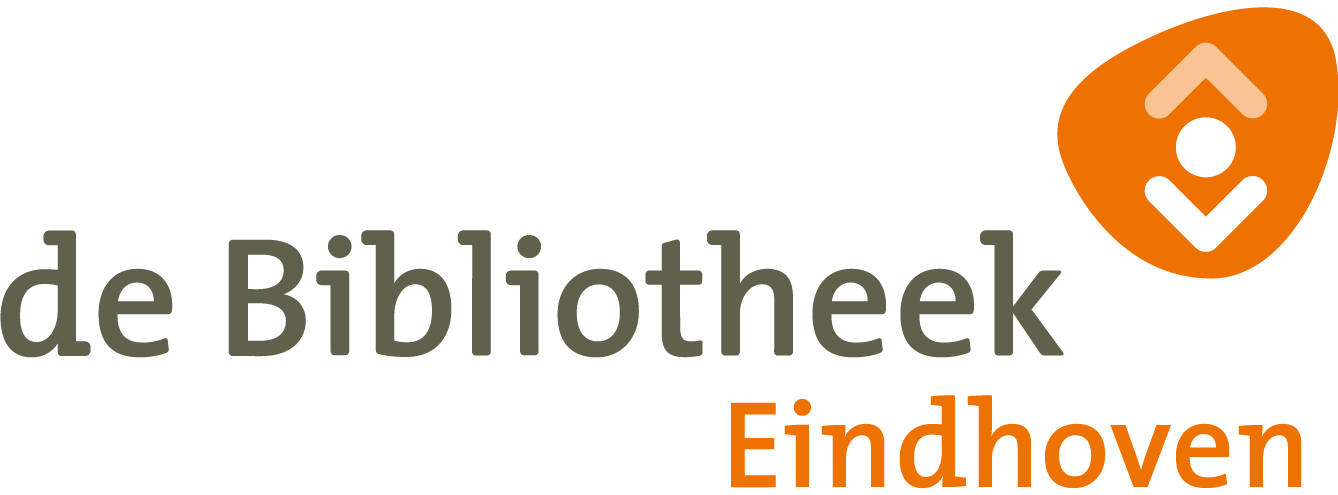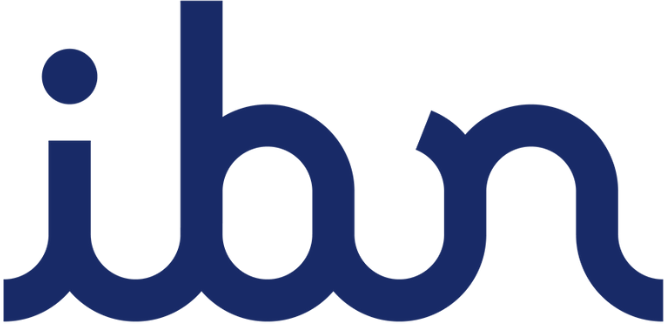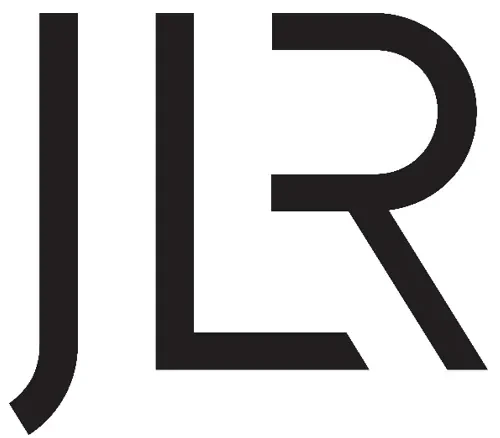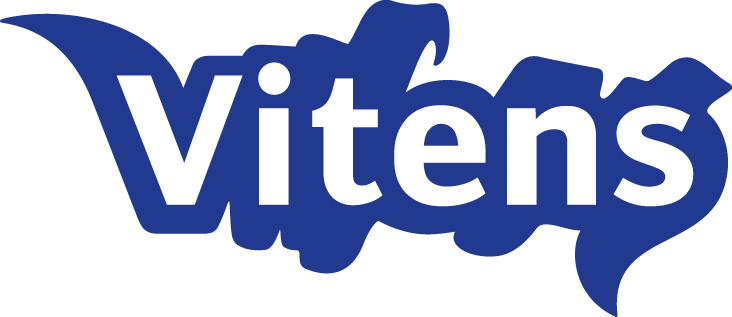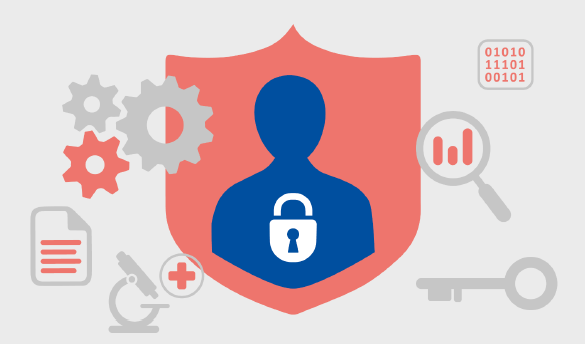AVG en Data Privacy Consultants
Wij maken AVG Compliance onderdeel van het DNA van je bedrijf.

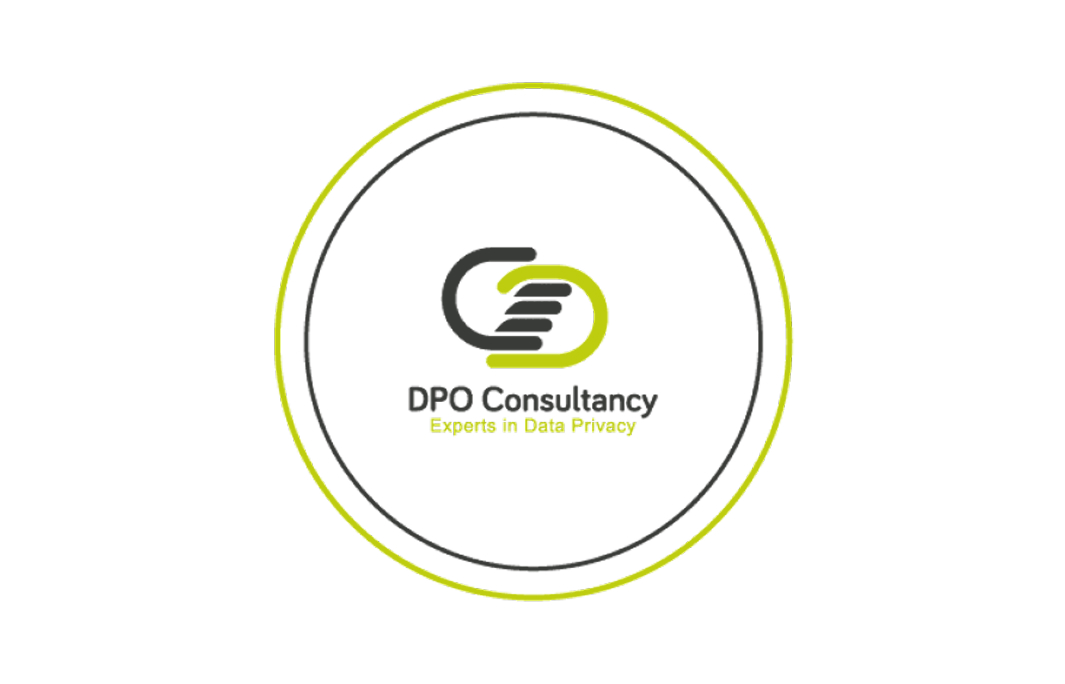
DPO Consultancy gaat partnerschap aan met AXECO Participaties
DPO Consultancy kondigt met trots haar nieuwe partnerschap aan met AXECO Participaties. Samen willen wij de groei van DPO Consultancy versnellen om klanten door heel Europa nog beter integraal te kunnen ondersteunen bij hun data privacy vraagstukken.
Wilt u alles weten over ons partnerschap? Bekijk dan het persbericht 'DPO Consultancy gaat partnerschap aan met AXECO Participaties'.

DPO Consultancy: je AVG en Data Privacy Consultants
Het is geen geheim dat we ons steeds meer bewust worden van privacy, met wetten en regels die steeds complexer worden. De kunst is om privacy en gegevensbescherming niet te zien als een verplichting, maar als iets waarmee je je onderscheidt om de juiste redenen. Dit is precies waar DPO Consultancy en haar ervaren consultants van over de hele wereld om de hoek komen kijken. Wij helpen je om dataprivacy tot een tweede natuur te maken in jouw bedrijf – door bedrijven en mensen te voorzien van de juiste kennis, ervoor te zorgen dat processen goed gestructureerd zijn en alles tot in de puntjes te regelen.
Al meer dan 100 klanten wereldwijd vertrouwen op DPO Consultancy!
Hoe kunnen we je helpen?

AVG Assessment
Bepalen of je bedrijf AVG proof is en je privacyniveau beoordelen.

Privacy Management
De implementatie van oplossingen voor privacybeheer.

AVG Trainingen
Aantoonbare kennis over privacy en gegevensbescherming.

FG-as-a-Service
Besteed de rol van FG eenvoudig uit aan een onafhankelijke en ervaren expert.

Heb jij een specifieke vraag over de AVG of gegevensbescherming?
Ons laatste nieuws en publicaties over de AVG en Data Privacy
Stel je vraag
We beantwoorden je vraag binnen 24 uur.
Liever direct contact?
We kijken ernaar uit om je te helpen!





